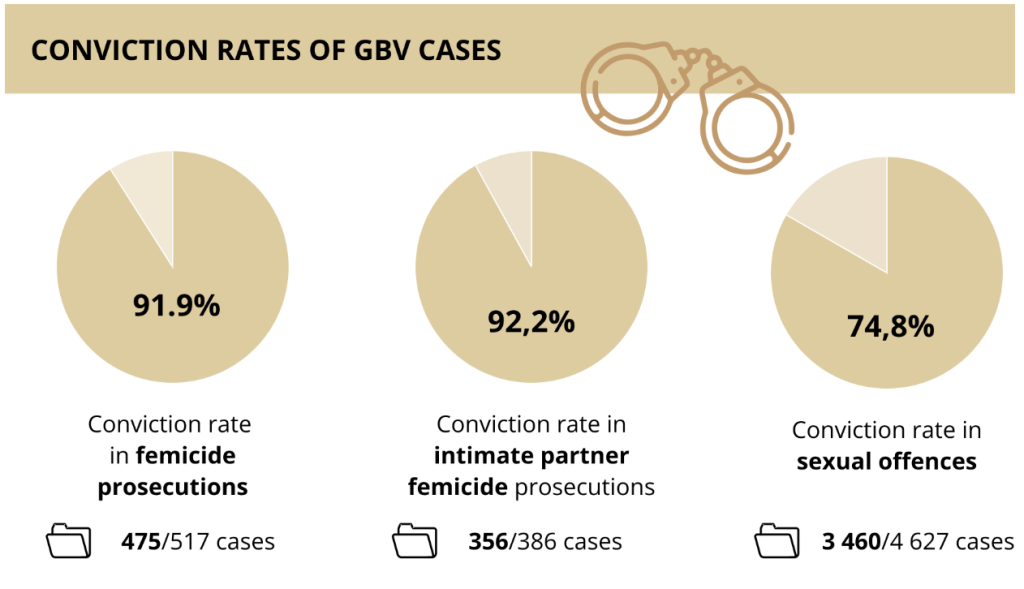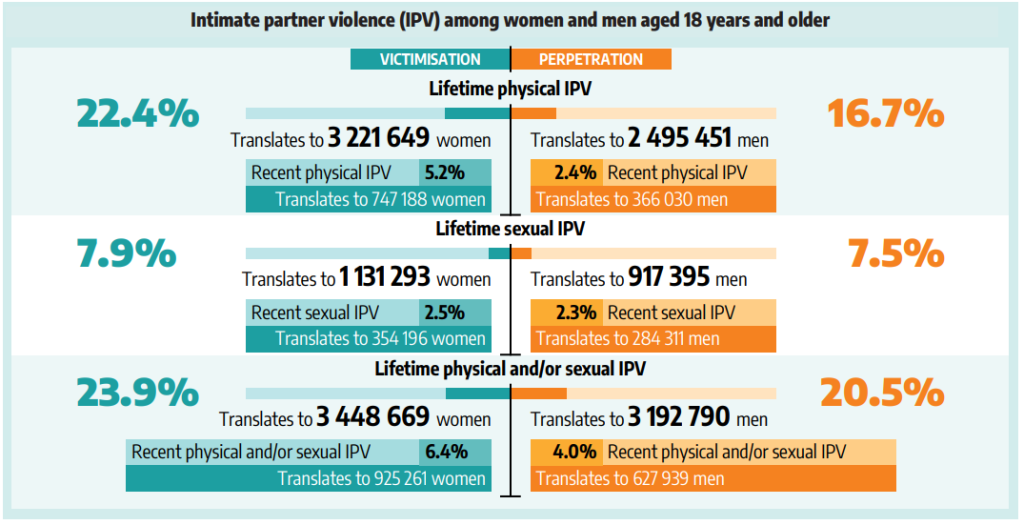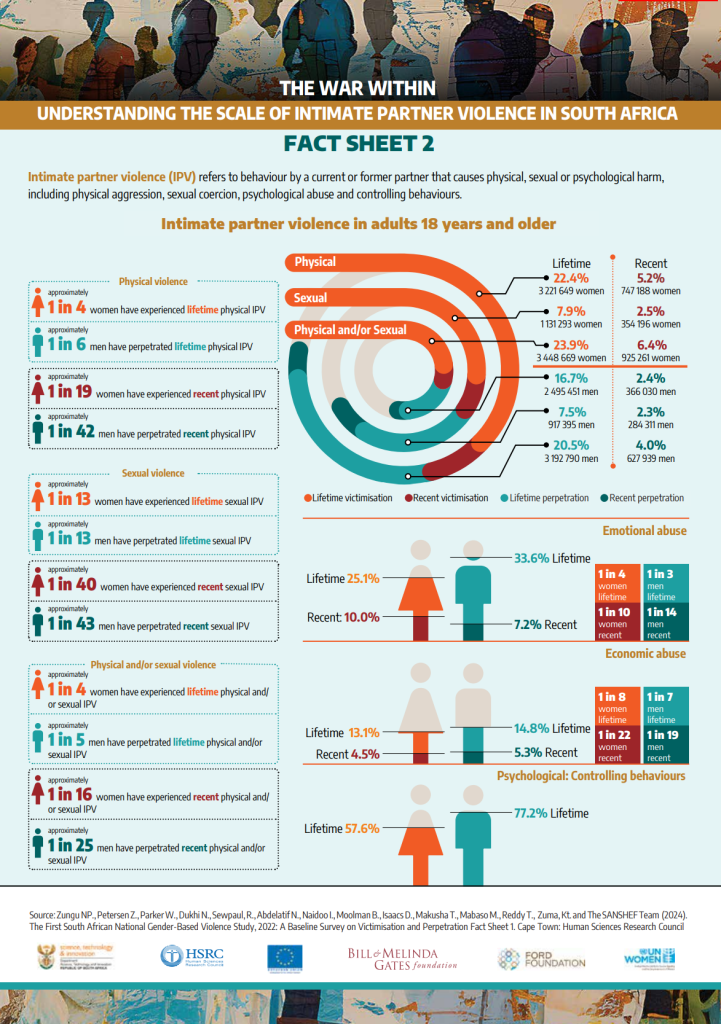Law Reform and GBV: What Gauteng Residents Need to Know

Gender-based violence (GBV) and femicide remain critical challenges in South Africa, with Gauteng notably affected due to its large population and urban dynamics. In response, the national and provincial governments have introduced significant law reforms and initiatives to protect survivors, improve justice delivery, and prevent this scourge. This article provides Gauteng residents with key factual insights into recent legal changes, ongoing government action, and how these reforms aim to create safer communities.
ALSO READ: Top Safety Apps Every Gauteng Resident Should Download
Table of contents
- Understanding the New GBV Bail Laws
- The National Council on GBV and Femicide Act
- Gauteng’s Approach to Victim Support and Enforcement
- 90-Day Blitz and Multi-Agency Coordination
- What Gauteng Residents Need to Know
- Why Law Reform Matters for Safety and Justice
- How to Stay Informed and Involved
- Building Safer Communities Through Knowledge and Action
Understanding the New GBV Bail Laws
One of the most important legal changes in 2025 concerns how bail is handled in GBV cases. Previously, accused persons could secure bail quickly from police stations or prosecutors. Under new legislation amending the Criminal Procedure Act:
- Police and prosecutors no longer have authority to grant bail in GBV cases.
- Only a court can decide on bail for accused persons in such cases.
- The onus of proof shifts to the accused, meaning they must prove why bail should be granted, reversing the previous presumption.
These reforms aim to prevent perpetrators from quickly returning to victims, strengthening survivor safety and increasing accountability.
The National Council on GBV and Femicide Act
South Africa enacted the National Council on Gender-Based Violence and Femicide Act in May 2024, establishing a statutory body to lead strategic national efforts against GBVF. The council:
- Coordinates multi-sectoral responses including government, civil society, business, and labour.
- Promotes evidence-based policies and victim-centred approaches.
- Oversees implementation of the National Strategic Plan on GBVF.
This new council enhances governance and accountability structures for GBV interventions.

Gauteng’s Approach to Victim Support and Enforcement
The Gauteng Department of Social Development operates a comprehensive network of support services, including:
- Victim-Friendly Rooms and Gender Desks in police stations provide trauma-informed spaces and dedicated personnel to assist GBV survivors.
- The National GBV Command Centre in Pretoria offers 24/7 crisis intervention and counselling.
- Social workers engage survivors within seven days following reporting to assess needs and coordinate interventions.
Gauteng authorities also prioritise rapid case allocation and are actively funding Non-Profit Organisations (NPOs) for community-based prevention and empowerment.
90-Day Blitz and Multi-Agency Coordination
In April 2025, the South African government launched a 90-day accelerated programme to intensify the fight against GBVF. Key features include:
- Reconstituting the Inter-Ministerial Committee (IMC) on GBVF for coordinated oversight.
- Establishing a GBVF Priority Committee within the National Joint Operational and Intelligence Structure (NATJOINTS) to strengthen frontline security and protection.
- Six specialised workstreams targeting prevention, rapid response, justice, victim empowerment, data collection, and administrative reforms.
This high-intensity effort aims to fast-track implementation of GBV laws and increase measurable impact.
What Gauteng Residents Need to Know
- If you or someone you know is affected by GBV, support is available through police Gender Desks, social workers, and specialised centres.
- The law now makes it harder for perpretrators to obtain bail quickly, aiming to prevent further harm.
- Awareness and reporting are crucial; early intervention improves protection.
- Community involvement and support for government initiatives strengthen prevention efforts.
- Continued funding and support for victim services mean better access to counselling and legal aid.

Why Law Reform Matters for Safety and Justice
South Africa’s femicide rate remains one of the highest globally. Legal reforms reflect a paradigm shift towards victim-centred justice, stronger deterrence, and comprehensive accountability. For Gauteng residents, these changes represent hope for safer homes, streets, and communities.
How to Stay Informed and Involved
- Follow updates from the Gauteng Department of Social Development and South African Police Service.
- Engage with local NPOs working on GBV prevention and survivor support.
- Advocate for continued government commitment and resource allocation.
- Report GBV incidents promptly to ensure timely intervention.

Building Safer Communities Through Knowledge and Action
The recent law reforms and government initiatives mark important progress in Gauteng’s fight against gender-based violence and femicide. By strengthening legal protections, enhancing victim support, and fostering multi-sector collaboration, Gauteng aims to create safer environments for all residents.
Understanding these changes empowers individuals and communities to play an active role in prevention and response. Staying informed, supporting survivors, and engaging with local services are crucial steps toward breaking the cycle of violence. Together, Gauteng residents, authorities, and civil society can build a future where dignity, justice, and safety are guaranteed for everyone.



